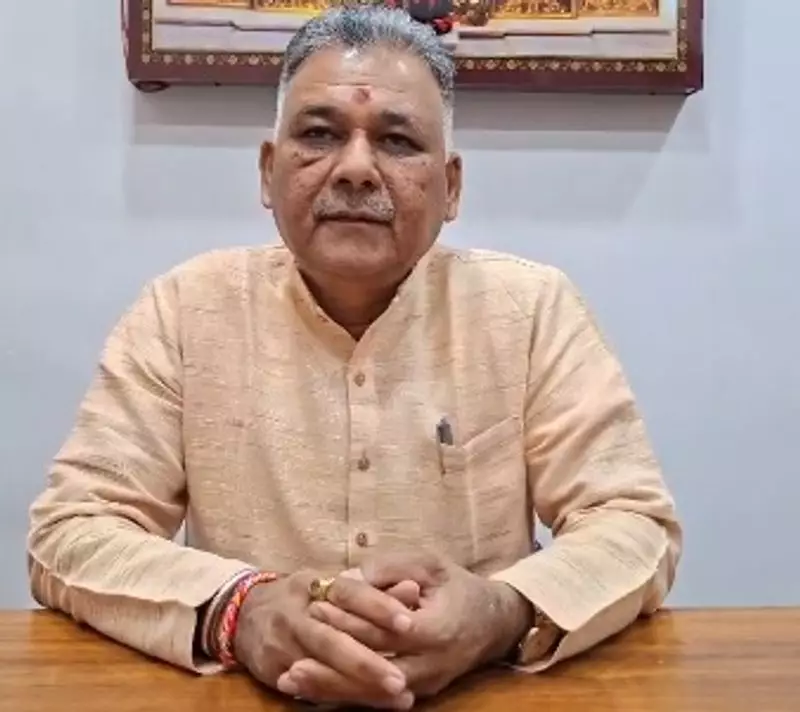
Madhya Pradesh Minister Narayan Singh Kushwaha has sparked significant controversy after making startling remarks about renowned social reformer Raja Ram Mohan Roy, labeling him a British agent during a recent public event. The comments drew immediate criticism from various quarters, leading the minister to issue a formal apology.
Controversial Remarks Spark Outrage
The incident occurred on Tuesday when Kushwaha, who serves as the Minister for Panchayat and Rural Development in Madhya Pradesh, addressed attendees at a program in Gwalior. During his speech, the BJP leader made the controversial assertion that Raja Ram Mohan Roy worked as an agent for the British government rather than being the social reformer widely recognized in Indian history.
Historical records show Raja Ram Mohan Roy as a pioneering figure in the Indian social reform movement, often called the 'Father of the Indian Renaissance.' He played a crucial role in abolishing practices like Sati and championed women's rights and modern education. The minister's characterization directly contradicted established historical understanding.
Swift Backlash and Political Reactions
The remarks triggered immediate backlash from political opponents and social commentators. The Congress party was particularly vocal in its criticism, with senior leaders condemning the statement as an attempt to distort historical facts and undermine the contributions of important social reformers.
Opposition leaders accused the minister of trying to rewrite history to suit political narratives. The controversy gained traction on social media platforms, with many users expressing disappointment and anger over what they perceived as disrespect toward a key figure in India's social reform history.
Minister Issues Formal Apology
Facing mounting criticism, Minister Kushwaha subsequently issued a public apology for his remarks. In his statement, he expressed regret if his words had hurt anyone's sentiments or were interpreted as disrespectful toward Raja Ram Mohan Roy's legacy.
The minister clarified that his intention was not to diminish the contributions of the social reformer but to present a different perspective on historical events. However, he acknowledged that his choice of words may have been inappropriate and withdrew the controversial statement.
This incident highlights the ongoing debates surrounding historical interpretation in contemporary Indian politics. It also underscores the sensitivity required when public figures discuss historical personalities who have played significant roles in shaping India's social and cultural landscape.
The apology appears to have somewhat tempered the immediate controversy, though the incident has sparked broader discussions about how historical figures should be remembered and discussed in public discourse.






